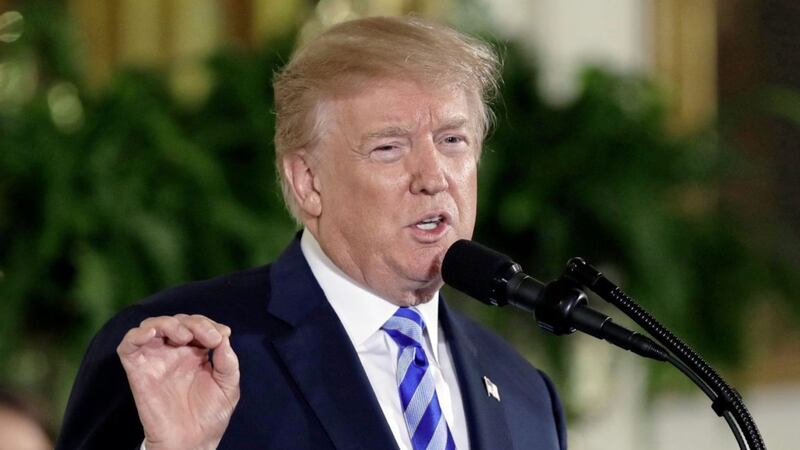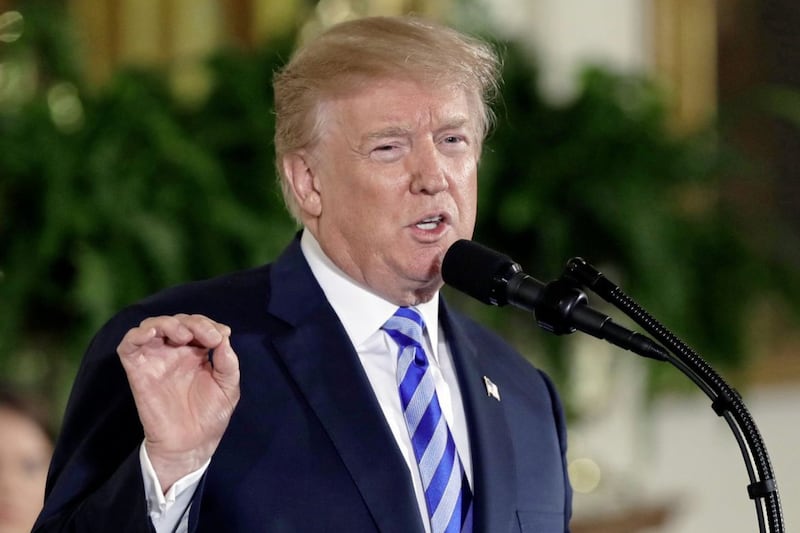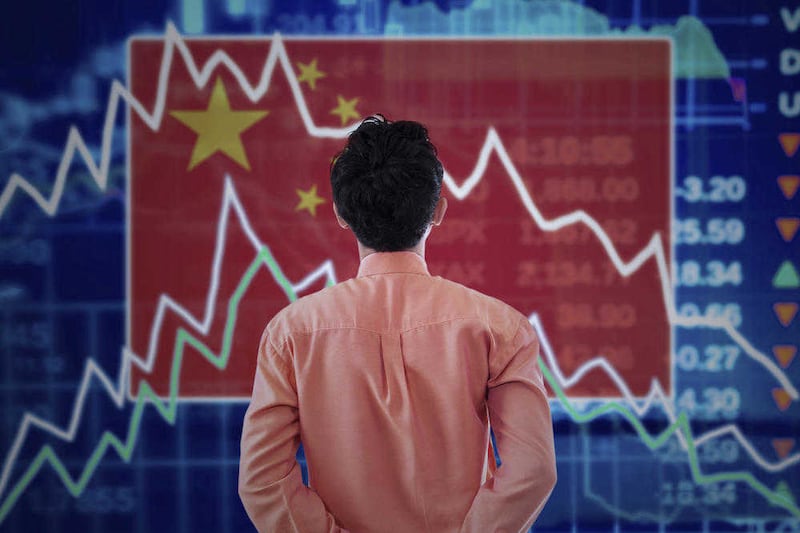“Trade wars are good, and easy to win!” (President Donald Trump)
THE recent trade actions from the US worry us for two reasons: there are weaker safeguards in the realm of trade than there are for domestic policy – Congressional permission is not required for the President to set about restricting imports.
Also, while there may be some justification for desiring a more level playing field in certain areas, these actions automatically raise the risk of a full-scale trade war. With the global economy now so tightly intertwined and supply chains so complex, a trade war would be painful for all. Nonetheless, with Asia accounting for over two-thirds of the US trade deficit in goods and almost a third of global exports, it is here that would likely pay the heaviest economic price.
Despite these worries, we still think it’s worth sticking with EM (Emerging Markets) Asian stocks and here are three reasons why.
First, the direct macroeconomic impact from these tariffs is likely to be small. Collectively steel, aluminum, washing machines and solar panels account for only 4 per cent of total US imports, and less than 1 per cent of exports from the key EM Asian economies.
Second, despite all the talk about rising trade barriers, trade integration is still taking place across the world. Since President Trump’s election, a number of important new trade agreements were negotiated, signed or ratified. These agreements include a trade deal between 11 Asian-Pacific countries (Trans-Pacific Partnership), a free trade agreement between the EU and Mexico (FTA EU-MX), and another trade deal between the EU and Canada (CETA). The previously large gains in trade liberalisation triggered by the collapse of the Soviet Union, China’s accession to the WTO, and falling transport/communication costs may lie behind us, but this doesn't mean that trade integration has completely halted.
Finally, underlying demand conditions remain positive for overall trade growth, and this should outweigh the negative effects from new tariffs. Since Q3 2017, global trade volumes have been growing at their fastest pace since 2014, a clear sign of health in the global economy.
Given this outlook, we continue to like EM Asian equity within our portfolios, absent a further material rise in the prospects of a trade war. Historically, the region tends to be highly-levered to the global business cycle, and we think it is still set to benefit from expanding trade and the synchronised upturn among major economies. Aggregate valuations remain reasonable relative to developed markets, and trends in corporate profitability are still positive.
Admittedly parts of the technology sector – which is now heavily represented in the MSCI EM Asia Index – can no longer be called cheap. Chinese internet company valuations already assume a lot with regard to prospective earnings growth. There is scope for disappointment for a sector that remains largely untested beyond China’s shores. However, elsewhere valuations look less onerous in the context of an earnings outlook that should continue to benefit from the ongoing pick up in global investment and capital expenditure.
:: Investment conclusion
While the threat of a damaging trade war has certainly risen in recent weeks, we do not think sufficiently so to dim the attraction of EM Asian equities. A healthy global economy and the resulting strength in corporate earnings leave us continuing to lean towards the areas of the world most likely to benefit from this backdrop. Within EM, that remains Asia, even if we should not expect a repeat performance of last year.
:: Claire McCombe is a private banker with Barclays Wealth & Investment Management





